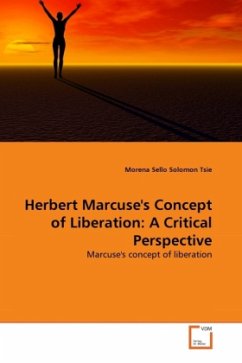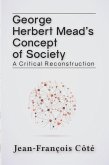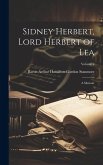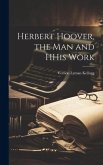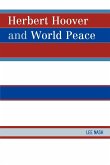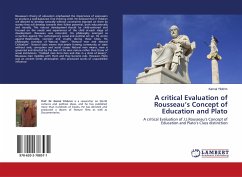This book investigates Marcuse's concept of liberation as it arises from the conflict experience of both the totalitarian functionalism of the Western monopolistic technological society and, the totalitarian historicism of the Eastern monopolistic ideological society. Marcuse conceives the technological establishment of the West as a society where the technological forces have assumed a repressive character. Through its progress, the Western monopolistic society neutralizes the historical social conflict and transforms the human being into a technological slave. In the East, the neutralization of the historical social conflict takes place through the communist party and its functionaries. The conflict between the working class and the communist party is forcibly rooted out in terms of the ideology of Marxism-Leninism. Marcuse's concept of liberation emerges from the extremism of both Western and Eastern technologism. He argues that science and technology are sufficiently advancedto satisfy the natural needs of humanity, provided they are used for the purpose of liberation.
Bitte wählen Sie Ihr Anliegen aus.
Rechnungen
Retourenschein anfordern
Bestellstatus
Storno

